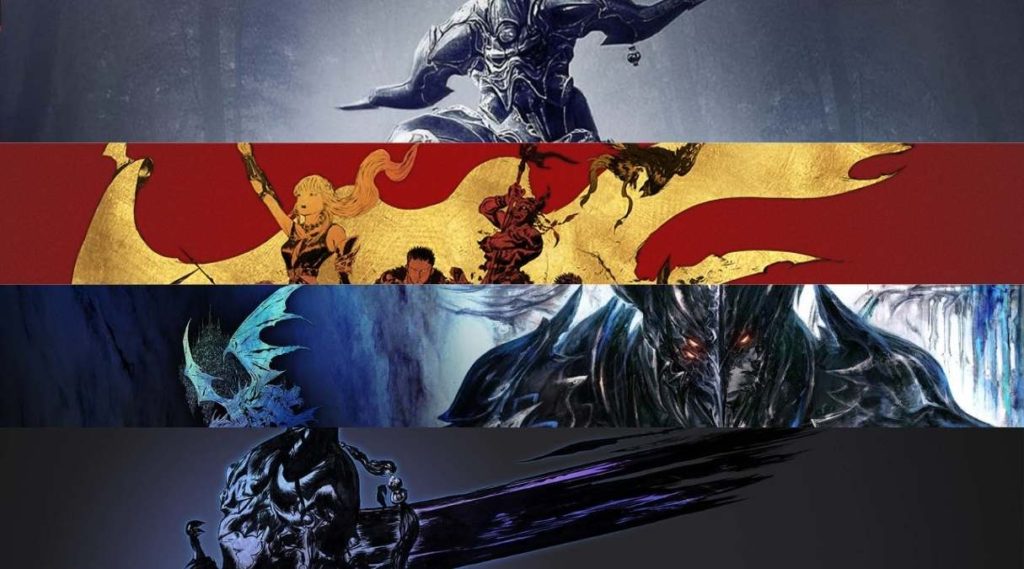
Raji: An Ancient Epic, developed by Nodding Heads Games and published by Super.com, is an action-adventure game for Nintendo Switch, PC, PlayStation 4, and Xbox One. Set in ancient India, Raij: An Ancient Epic is a beautiful narrative and visual experience, but unfortunately feels outdated in terms of actual gameplay.
Raji: An Ancient Epic is heavily influenced by Hindu and Balinese mythology. The game begins during Raksha Bandhan, an annual feast where Raji and her brother, Golu, work as street performers. Halfway through the festival, demons attack and kidnap Golu, causing Raji to set out on a quest to rescue him with the help of the gods.
The role of the gods in Raji: An Ancient Epic is a unique take on the “Chosen One” trope. While Raji does sometimes voice her thoughts, the main plot is told through the narration of the gods Vishnu and Durga. This shifted the game’s emphasis from Raji and her personality, which is typically the principal focus in Chosen One stories, to the plot of the demon attack and the connection to Hinduism.
Additionally, the visual detail and commitment to Hinduism and historical India was beautiful and deepened the feeling of immersion. For example, the important story moments in cutscenes are portrayed in Pahari paintings, a traditional Indian art style. The architecture in Raji: An Ancient Epic is based on medieval architecture in northern India, too, and the backgrounds are rich in jungles and sprawling deserts that look gorgeous in the game’s cartoonish art style.

The most impressive aspect of Raji: An Ancient Epic, however, is something that took me by surprise – the audio design. Not only is the music well-suited for the overall atmosphere, but the sound effects are fantastically incorporated into the game.
One of my favorite moments of my initial playthrough happened in a jungle area. The chirping of the birds was designed to sound like it was coming from your left side in a way that was so realistic that I had to pause the game to figure out if it was in Raji or outside my open window.
The gameplay itself feels outdated, unfortunately, though not in a way that overpowers the atmosphere and narrative. The combat feels like an action-adventure game from the last generation, often floaty and occasionally unresponsive. The dodge button was slow and had a few different animation possibilities, making it difficult to accurately evade enemy attacks. Similarly, Raji’s attacks were slow, which prevented me from accurately executing combos to hit monsters.
The game’s exploration and platforming were better than the combat, but because of the unresponsive controls, more complex sequences were frustrating. While I still enjoyed wandering around the world and soaking in the fictionalized version of ancient India, I found myself wishing Raji controlled just a little differently. Of course, an occasional death because of my own mistakes wouldn’t have bothered me, but dying over and over because the perspective in platforming sections was difficult to see correctly and Raji didn’t jump, even after I smashed the X button on my PS4 controller, was annoying.
Plus, as fantastic as Raji: An Ancient Epic’s story is conceptual, it drops the ball at the end. No spoilers for what happens, of course, but the plot of Raji is intriguing, heartwarming, and educational for those who don’t have much background knowledge of Hinduism. Sadly, the conclusion is so abrupt that I was left wanting more because I was disappointed and unsatisfied, not because I wanted an immediate sequel.
Overall, while I do wish the ending hadn’t disappointed me as much as it did, my time with Vishnu and Durga was full of character and charm, and my issues with the controls were minuscule. I learned about Hinduism and ancient India through a fictionalized, interactive tribute to the country’s culture and history, which was such a unique experience in an industry dominated by the United States, Western Europe, and Japan.
Raji: An Ancient Epic is available now for Nintendo Switch, PC, PlayStation 4, and Xbox One.
Raji: An Ancient Epic
-
Rating - 7/107/10
TL;DR
Overall, while I do wish the ending hadn’t disappointed me as much as it did, my time with Vishnu and Durga was full of character and charm, and my issues with the controls were minuscule. I learned about Hinduism and ancient India through a fictionalized, interactive tribute to the country’s culture and history, which was such a unique experience in an industry dominated by the United States, Western Europe, and Japan.





